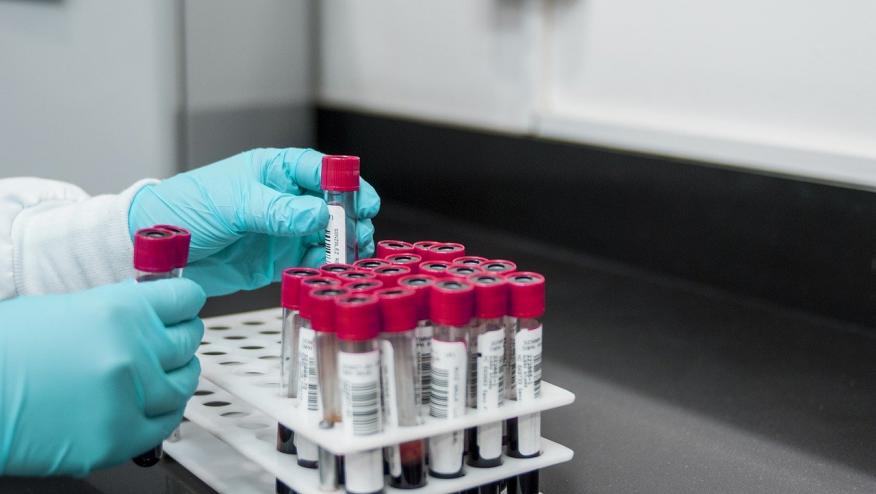Repetitive Testing of Anti-dsDNA Antibodies May Predict Flares in SLE Save

Systemic lupus erythematosus (SLE) is a chronic autoimmune condition and monitoring disease activity is an important aspect of disease management. The anti-dsDNA antibody is highly specific for SLE and is known to fluctuate with disease activity. Titers of anti-dsDNA antibodies correlate with disease activity in some patients, but not in others. In addition, the utility of repeated measurements of anti-dsDNA antibodies particularly among patients who have persistently positive titers remain unclear.
In abstract #0327 presented during the poster session on Saturday, Dr. Ai Li Yeo and colleagues investigated the usefulness of serial anti-dsDNA testing in predicting flares among SLE patients who have persistently positive anti-dsDNA titers.
They conducted a multi-center longitudinal study involving 3,484 patients from the Asia Pacific Lupus Collaboration. These patients had at least two visits with anti-dsDNA results from 2013 to 2021. In order to have a standardized anti-dsDNA titer, the anti-dsDNA ratio was calculated by dividing the anti-dsDNA result by the upper limit of normal for the test used. The ratio was then recorded as a vector to determine relative change. The majority (92.3%) of patients were female with a median (IQR) disease duration of 8 years (3.0, 15.0) and a median age at enrollment of 39 years (30.0, 50.0).
According to the results of the study, fluctuating and persistently positive patients had more arthritis (p <0.001) and serositis (p=0.003) compared to persistently negative patients. In addition, persistently positive patients had less baseline renal involvement than fluctuating and persistently negative patients (p=0.042). Conversely, patients who had persistently negative anti-dsDNA results had less medication use including a lower likelihood of prednisolone use (p<0.001) and lower cumulative prednisolone dose (p<0.001).
Overall, the median (IQR) annual flare rate in the cohort was 0.3 (0.0, 0.9) flares/year. Lower flare rates were seen in persistently negative patients compared to fluctuating and persistently positive patients (p<0.001).
Their findings also show that fluctuations in anti-dsDNA titers (both increase and decrease) more than two-fold was associated with an increased risk of flare across all groups including patients who had persistently positive anti-dsDNA results.
This study adds value to the utility of repetitive testing of anti-dsDNA titers in monitoring disease activity of SLE patients. In areas where serial serologic testing might incur additional costs, treatment decisions should be guided by associations between clinical and serologic manifestations.










If you are a health practitioner, you may Login/Register to comment.
Due to the nature of these comment forums, only health practitioners are allowed to comment at this time.